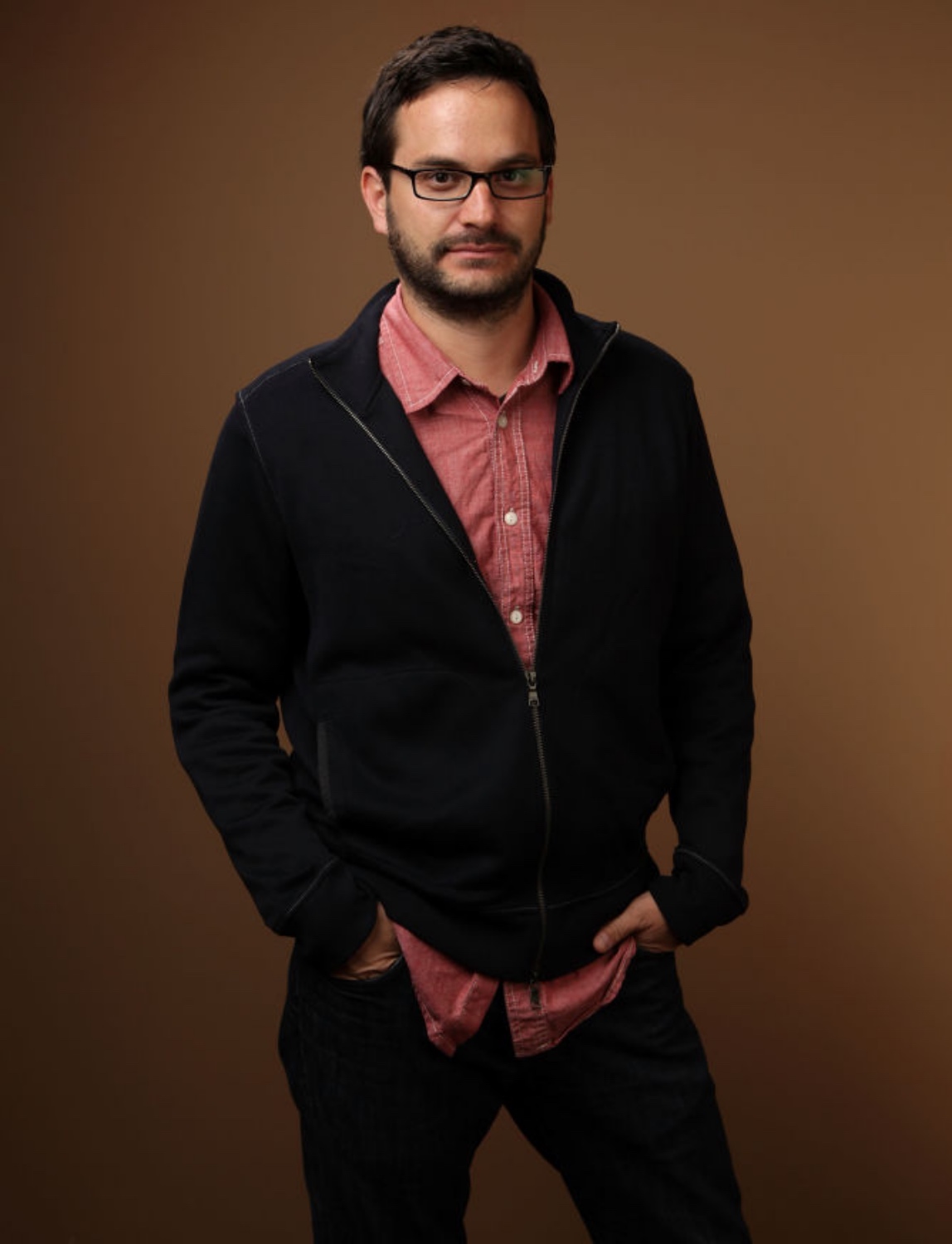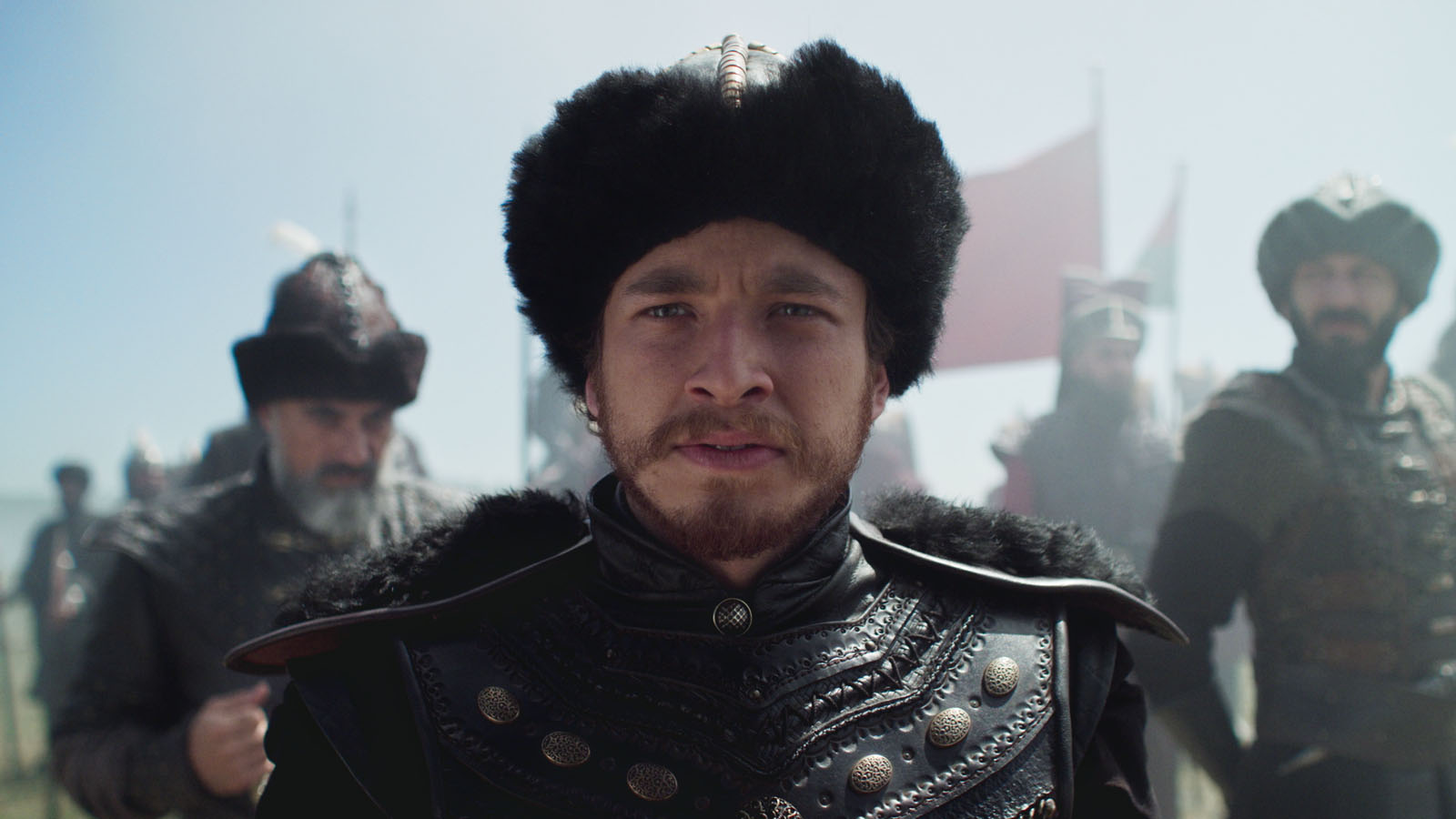
- Interviews
Director Emre Sahin: “A Turkish story can now reach millions”
Rise of Empires: Ottoman is the origin story of the legendary Mehmed the Conqueror set against the epic backdrop of the siege of Constantinople in 1453. The story begins in 1451. The city is protected by a massive expanse of stone walls considered to be impenetrable. The strongest the world has ever known. Mehmed’s own father, Murad II, laid siege to the city and failed. On Easter Day 1453, Mehmed and his army arrive on the outskirts of Constantinople. Mehmed offers Emperor Constantine one last chance to surrender the city… Constantine rejects the offer. On April 6, 1453, Mehmed launches his siege of Constantinople. His cannons unleash an artillery attack unlike any the world has ever known for seven weeks.
Mehmed enters the city on May 29th. 1453 seven and a half weeks after the siege began… at 21, he has done something 23 armies before him failed to do. Sultan Mehmed II rebuilds the city and, with Constantine’s defeat and death, the Ottoman Empire expands its boundaries ever wider and will change the course of history for the next 300 years.
The popular depiction of Mehmed is often that of an almost superhuman warrior, certain of his every move. In reality, the brilliant young Sultan was much more complex – the forgotten third son of the Sultan, haunted by personal demons, who rose to the throne as a teenager, before conquering Constantinople. Those demons and an almost mystical sense of destiny are what drove Mehmed, and what drives the narrative of the series which tells the story from the Turkish, rather than usual Western perspective. Produced by Karga Seven Pictures, a production company based in Istanbul and Los Angeles and STX Entertainment The series is directed by Emre Sahin, written by Kelly McPherson, Emre Sahin, and Liz Lake, and narrated by Game of Thrones‘ Charles Dance.
We met with Sahin, producer, writer, and director of the series to talk about the project.

A scene from Rise of the Empires: Ottoman.
netflix
Why did you want to make this mini-series? This particular concept? Why did you think this would make a good TV series?
Growing up in Istanbul, I was always interested in history and especially history that played out in my home town. Lucky for me, it’s a city with a very long and illustrious past. Countless dramatic events have taken place there but when you talk about the history of Istanbul one story rises above the rest; the fall of Constantinople or as we in Turkey call it, the conquest of Istanbul. It’s one of the most iconic moments in history that ended an age and started a new one. For large parts of the world, it’s a history that is still very much alive. While the events may have unfolded 567 years ago, the tentacles of that battle still touch many lives. For some, it’s a story of heroics and pride while others look at it as a tragedy. Regardless, it evokes a lot of emotion as if it happened yesterday. Why did you prefer English to Turkish?
We really wanted this to be a story for an international audience. We didn’t want to just preach to the choir and make a great but local show. The story is epic and deserves a chance to reach the rest of the world in a meaningful way. That meant that English made the most sense. But there is more to this decision too. Growing up in Turkey I saw over and over again that there weren’t many chances when we as Turks get to tell our stories to the rest of the world. Turkish stories are generally marginalized or pushed to the side so it was important for me to tell a Turkish story that is international in its scope and language.
Where does Rise of Empires: Ottoman fit into the TV landscape?
A Turkish story, if told correctly, can now reach millions around the world at the same time as it hits domestic screens. There are large chunks of audiences around the world looking for new stories and their own stories to be produced… Ottoman falls directly into this arena. I expect to see more diverse projects and voices on the center stage of global TV which is a good thing.